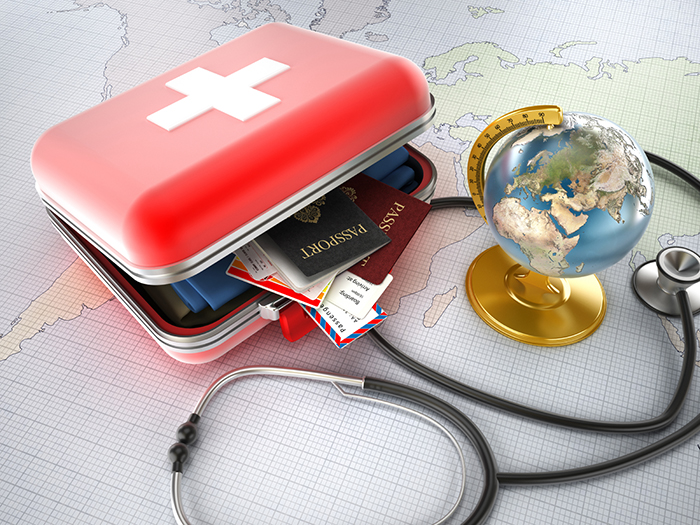NPA viewpoint: Travel health
In Opinion
Follow this topic
Bookmark
Record learning outcomes
Many customers will need advice to stay healthy while they are on holiday, and pharmacy is the perfect place to seek it, says the NPA
As an increasing number of customers book holidays abroad, pharmacy staff can engage with them on vaccination requirements, malaria prevention and steps that can be taken to stay healthy while away.
Advising on malaria prophylaxis
The NPA is offering a comprehensive range of Patient Group Directions (PGDs) to provide medicines and vaccines privately to patients, including travel vaccination and malaria prophylaxis. For further information, email: npapgdservices@npa.co.uk.
To ensure that correct advice is given about malaria prophylaxis, it is important that the right questions are asked. For instance:
- Where exactly is the customer going? Different areas within the same country can have different advice. Is the customer planning any trips? If so, how will they be travelling to different areas?
- When is the person going and how long for? The risk may vary with season, and recommendations should not be given more than six to eight weeks in advance of travel. Antimalarial choice may also be subject to licensing restrictions according to the person’s length of stay
- Does anyone take other medicines or suffer from any condition that may affect the choice of regimen (e.g. epilepsy or renal impairment)?
- Is anyone pregnant or breastfeeding?
- Are any children travelling? If so, what are their weights? Many children’s doses are unlicensed and will require a prescription from a prescriber.
The only drugs licensed for over-the-counter sale for malaria chemoprophylaxis for adults are chloroquine and proguanil. Pharmacists and their teams should be aware that the doses required for children are higher than the licensed doses, as described in the manufacturers’ product literature. Pharmacists may not, therefore, sell chloroquine or proguanil for use in children; instead, the child should see a doctor so that they can obtain a prescription.
Bite avoidance measures
No regimen is 100 per cent effective, so it is important for travellers to take measures to avoid being bitten. Insect repellents (e.g. DEET (N,Ndiethyl-toluamide) at a concentration of between 20 and 50 per cent) should be applied to exposed areas of the skin and over sunscreen. Travellers can also be advised that loose-fitting clothing and socks should be worn when outdoors after sunset. A mosquito net impregnated with permethrin should be used if sleeping outdoors or in accommodation without screens.
NPA members can access a malaria prophylaxis leaflet to help pharmacy teams provide advice to patients on precautionary and preventative measures.
Symptoms of malaria
All travellers who require malaria prophylaxis should be advised to seek medical advice if they experience any illness within one year of returning from an endemic area and particularly within the first three months. Symptoms of malaria include headache, fever, chills, sweats, diarrhoea, generally feeling unwell, cough and aching muscles.

